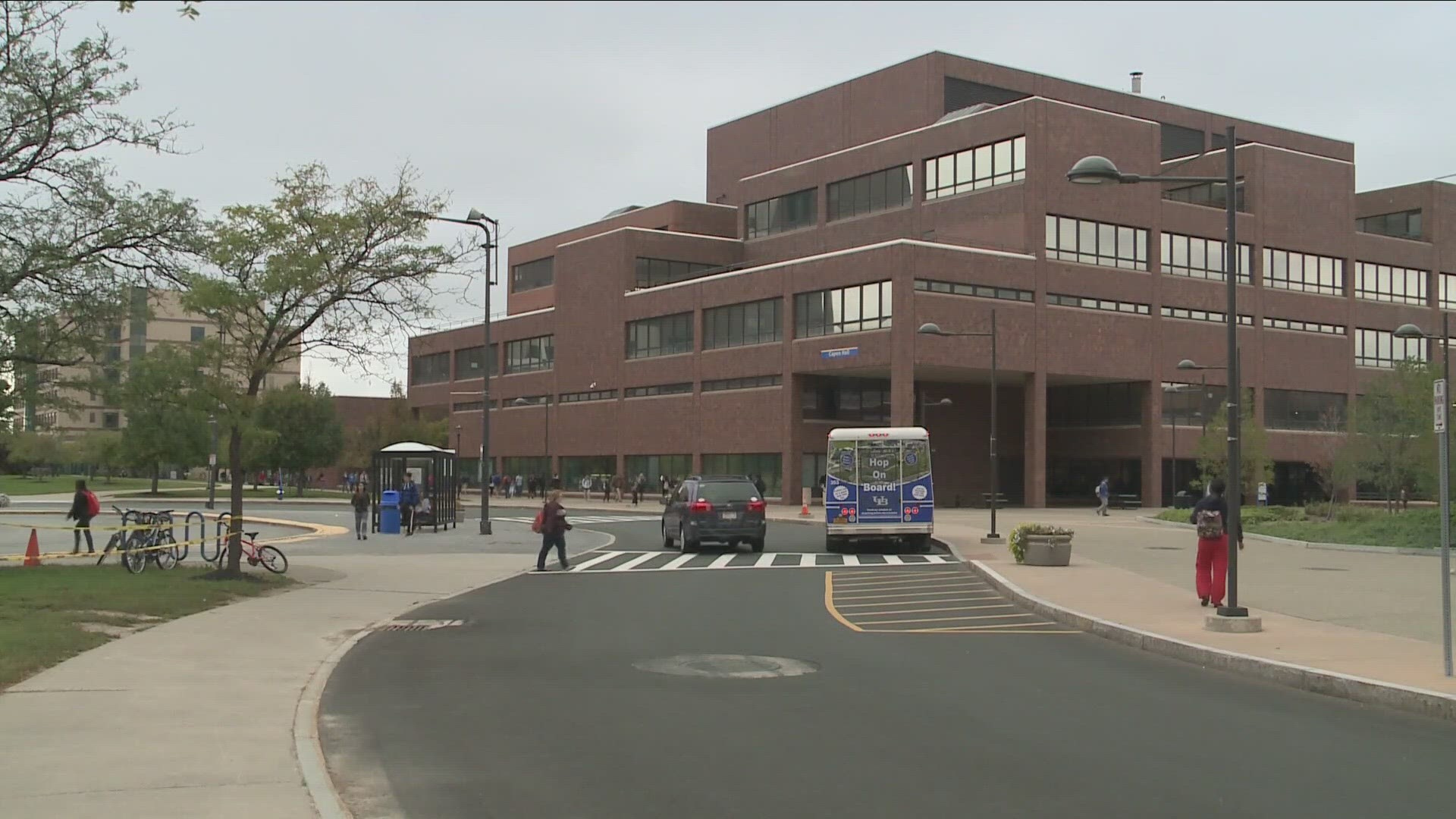BUFFALO, N.Y. — New York's SUNY system faces significant challenges with deficits affecting local campuses and enrollment declines.
2 On Your Side spoke Wednesday afternoon with SUNY Chancellor John King about ways to cope with those issues for the 64-campus system. That includes an issue addressed in the new tentative state budget agreement.
The new budget deal is still subject to lawmaker voting approval, but we are told it does include an upgrade of the student Tuition Assistance Program or TAP to help with eligibility for inflation pinched students and family households.
Household income eligibility levels will rise from $80,000 to $125,000, and minimum Tuition Assistance Program payments will be doubled to $1,000. The aim is to expand beyond the current 230,000 eligible students.
"What that will mean at SUNY is 26,000 more students will be eligible for the New York State Tuition Assistance Program. It's a win for New York state, for SUNY, and for our students," King said.
It is also a way to compete against other states, who raised their financial aid packages to draw in students and really halt any brain-drain and seek a brain-gain.
"You want to make sure that New York students know that they can get a high quality, affordable education, staying in New York State, and you also want to make sure that we are producing the workforce the state needs," King said.
That means educating more workers who will be required by future high-tech businesses in state-promoted fields, such as semiconductor production and artificial Intelligence.
But again, some SUNY campuses such as Buffalo State and Fredonia face significant financial challenges. Fredonia has already some difficult choices with cancellation of some major areas of study.
So King hopes lawmakers will provide more higher education funding just as it went up in the previous budget.
"This year's budget, we don't know yet exactly the details of what the funding level will be. We do know that the governor proposed a $54 million increase on top of last year's $163 million increase. That was a great starting point. We're hopeful that the conversations between the governor and legislature will build on that," King said.
But long-term, SUNY warned in a January report the system may face a one billion dollar overall shortfall within 10 years' time.
2 On Your Side asked, "How do you address something like that - you have that cloud hanging over your head so to speak of something like that."
King responded: "We can control smart, fiscally responsible decision-making about our resources."
He added: "That billion-dollar gap is to say we need the state to increase support for SUNY over the next decade on a regular basis to address inflation and the growth in salaries."
Another challenge for SUNY colleges which is pointed out by observers is that more younger people are forgoing a four year degree as they opt for less college and more trade skill careers.

